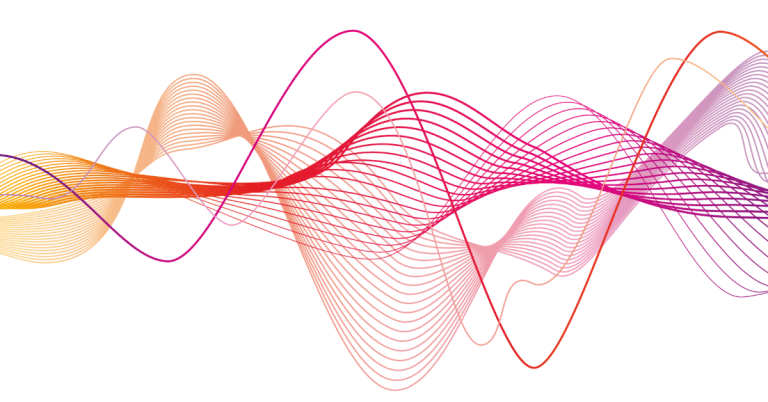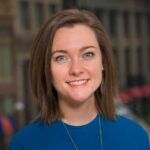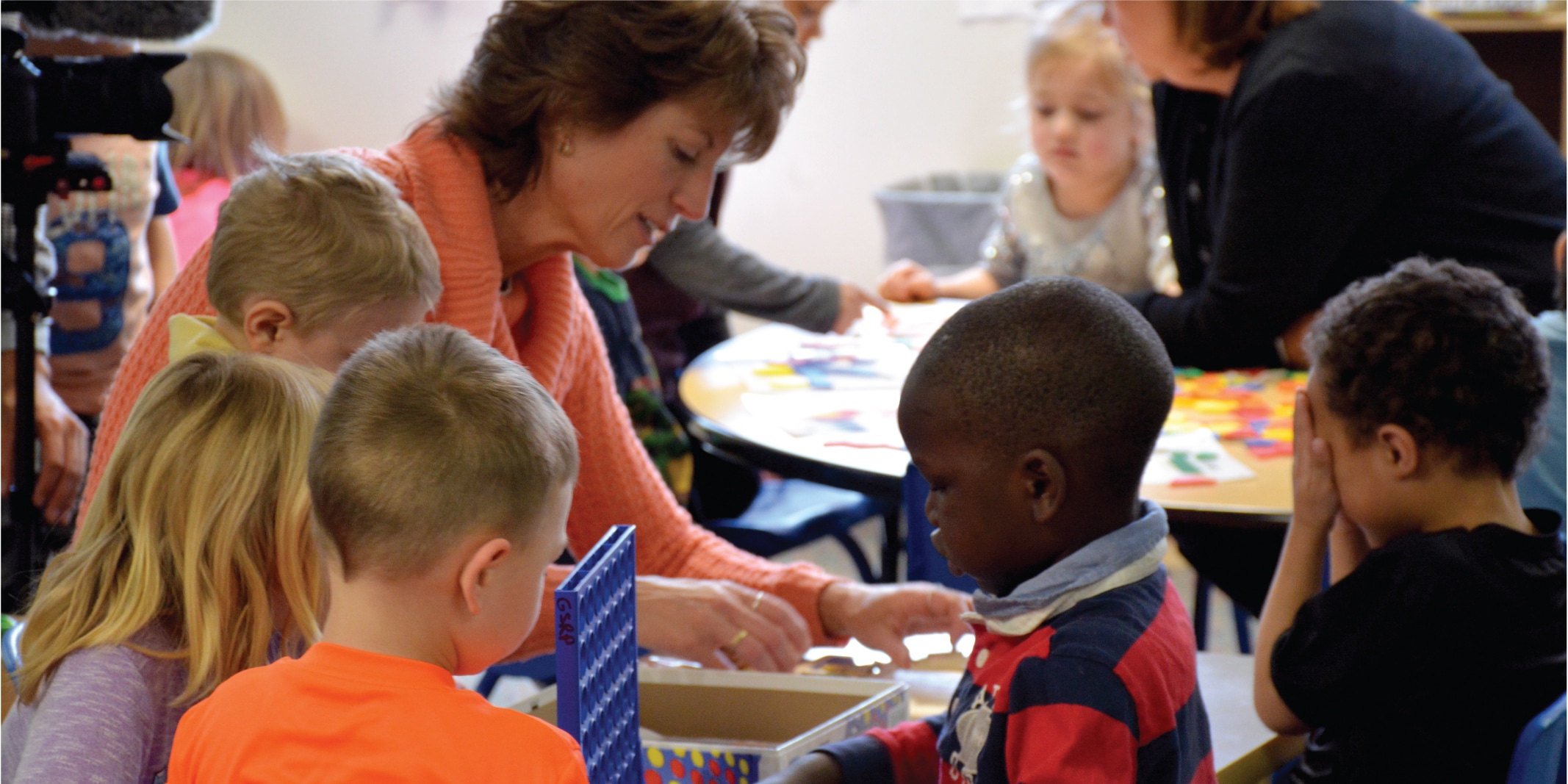
When Kenowa Hills Public School District in Grand Rapids, Michigan, began exploring personalized learning, they knew they wanted to provide ample opportunities for collaboration and knowledge-sharing. Personalizing learning for students requires personalized learning for teachers and for many, that meant being able to see what it would look like in their own classrooms. And who better to show them than their peers?
“Our instructional coaches not only work shoulder-to-shoulder with our teaching staff, but also participate in and facilitate ongoing professional learning,” said Mike Burde, assistant superintendent of Kenowa Hills Public Schools since 2012. “We try to be very thoughtful about non-traditional ways to do professional development. It needs to be meaningful and ongoing; peer-to-peer interactions are powerful.”
In addition to facilitating classroom learning labs, instructional coaches create forums for teachers to take risks together. And, they’re just ready to listen and help teachers on the journey.
Often when we think of teachers, we think of the powerful interactions between students and educators in the classroom. But what about those who teach the teachers? That’s where an instructional coach comes in.
READ MORE
“Whether it’s during a staff meeting or professional development, one-on-one coaching or planning time, we try to get teachers to look at where their kids are,” said Tracy Brown, one of the district’s full-time instructional coaches, who, along with other coaches, convenes teachers at the school level once a month to talk about how educators can better use data, how they can implement specific personalized learning practices and how they can collaborate and learn from each other. Common planning times and low-risk observations in each other’s classrooms are key for teachers getting the same level of personal attention they want for their students.
“I try to have them focus on one habit at a time,” insisted Brown. “Do this, do it well and then move on.”
Instructional coaches have been instrumental in making the shift to personalized learning, which the district calls personal mastery, and Kenowa Hills Public Schools has pursued a number of grants as well as allocating general funds dollars to support their positions. District leaders have also made listening to stakeholders, and acting on what they hear, a fundamental part of their approach to personal mastery, which is why the district invests in ongoing professional development and instructional coaches.
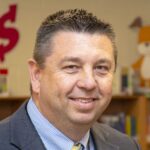
“Everybody benefits from a coach. A coach is someone who encourages growth in a non-evaluative way and offers another lens for our teachers and a point of reflection for their practice.”
“Everybody benefits from a coach,” said Gerald Hopkins, who has been superintendent of Kenowa Hills Public Schools for seven years. “A coach is someone who encourages growth in a non-evaluative way and offers another lens for our teachers and a point of reflection for their practice.”
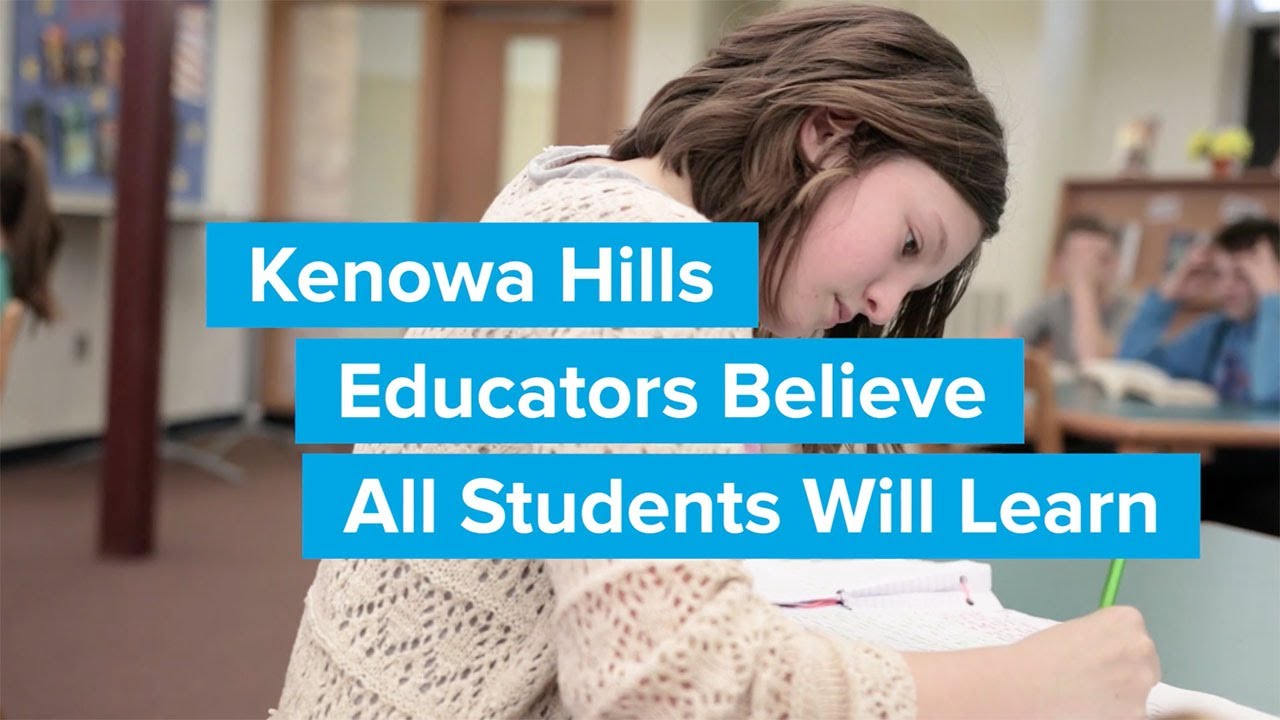
Classroom learning labs explore personalized learning in action.
One of the ways that the district is approaching professional development is to offer classroom learning labs, facilitated by instructional coaches, where teachers visit each other’s classrooms to observe different practices and strategies that will inform how they teach in their own classrooms.
“Teachers value learning labs because it’s professional development that they can take and use in the classroom on their own,” said Erica Philo, who serves as an interventionist and instructional coach at Zinser Elementary. “They’re learning from other teachers in our district, and getting a chance to see what they’re doing and what their students are doing.”
Classroom learning labs also help showcase for educators what it looks like for teachers in a student-centered classroom to turn over the ownership of learning to the student. The district uses the gradual release of responsibility instructional framework to guide some of their professional development, which can feel like an unfamiliar risk for teachers used to working in a traditional environment. But student ownership of learning is a critical component of personal mastery. Teachers within the district feel comfortable taking risks because part of the shift to personalized learning was cultivating growth mindset, for teachers and students.

“Having the ability to know that we’re not an island in our own classroom has been a huge benefit. It doesn’t always feel comfortable, but to know that we’re in this together has been really powerful.”
“This has been a hard shift for a lot of people in their mindset, their thinking and their practice,” said Kelli Huizen, who has been teaching with the district for 18 years and has served as a part-time instructional coach at Kenowa Hills Middle School for the last three. “But having the ability to know that we’re not an island in our own classroom has been a huge benefit. It doesn’t always feel comfortable, but to know that we’re in this together has been really powerful.”
For Laura Hilger, a KnowledgeWorks director of teaching and learning who has been working with Kenowa Hills since they first began pursing personal mastery, the collaboration and growth mindset demonstrated by teachers and coaches is powerful not only for students, but for their own professional growth.
“Peer-to-peer learning is a game changer for their professional practices,” said Hilger. “This is an aspect of collective efficacy, the belief that as a team, they can accomplish their vision for all learners, one step at a time.”
Huizen, along with the other instructional coaches, pursues additional professional development throughout the year and has the opportunity to share learnings with teachers throughout the district. She recognizes that there’s always room to grow as an educator, and that she is supported in her growth by her district and her peers so that she can better serve her students.
“I was trained in a traditional setting. I had a lot of good ideas, but I didn’t necessarily have strategies to support independent student learning, or students learning in different ways,” said Huizen. “It’s not just differentiating an assignment. It’s really turning it over to them – student feedback and student evidence is driving my decision-making, rather than me making decisions about what’s coming next and how.”
When teachers benefit from personalized instruction, students benefit, too.
The district’s investment in their educators is paying off for their students.
“You can walk into our classrooms and ask any one of our learners what they’re working on, how they’ll know they’ve been successful, what’s the next step in their learning. They can answer those questions,” said Burde. “Six years ago, many of them could, but it wasn’t systematic. Our learners now know where they’re at, they know what path they’re on and they know what’s next. That’s affirming.”
For Brown, the focus on personal mastery has made her a better educator, and put her in a position as an instructional coach to not only better serve the teachers she works with, but also impact the learning of students district-wide.
“When the district first talked about coaches they said, as an interventionist, you can serve maybe 30 kids a year. But as a coach, you can reach 130 kids a year,” said Brown. “We’re making every minute of every day really intentional for every student.”
Ready to move personalized learning from vision to reality? Schedule a call with a KnowledgeWorks teaching and learning expert for advice on planning next steps.
This was written by former Senior Manager of Communications Jillian Kuhlmann.

